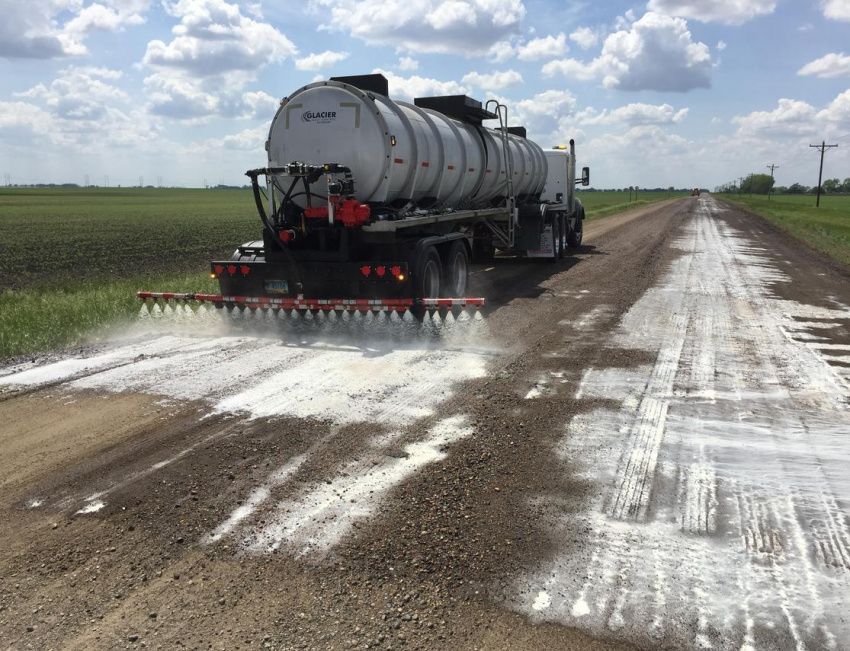Fueling the World with Biodiesel
In a world where sustainability is increasingly top of mind, biodiesel and renewable diesel keep sustainability moving forward — thanks to U.S. Soy.
Soybean oil is the main feedstock for biodiesel, contributing 57% of necessary feedstocks for biodiesel production in 2019. Soybeans are widely grown, and the infrastructure and equipment to grow, transport and process them already exists, which all helps biodiesel serve the world in more ways than one.
- Biodiesel is the first fuel commercially available nationwide to meet the Environmental Protection Agency’s definition of an advanced biofuel, meaning it reduces greenhouse gas emissions by at least 50%.
- The majority of the original equipment manufacturers that sell diesel vehicles and equipment in the U.S. support biodiesel blends of 20% percent (B20) or higher in at least some of their equipment.
- For the fourth year in a row, in 2021, respondents in the 2021 Fleet Purchasing Outlook Survey ranked biodiesel as their number one choice for current alternative fuels use, and both biodiesel and renewable diesel were listed as popular options for future use as well.
- The U.S. biodiesel and renewable biodiesel market in 2020 was over 2 billion gallons.
- The biodiesel industry supports more than 60,000 U.S. jobs and adds $12 billion to the U.S. economy.
But performance and positive industry impacts aren’t all biodiesel brings to the table. A recent study demonstrated that switching to biodiesel can result in a number of significant health benefits.
Researchers found that switching to 100% biodiesel in the home heating oil and transportation sectors would provide immediate community health improvements that can be measured in reduced medical costs and health care benefits, including:
- Preventing 340 premature deaths annually.
- A 45% reduction in cancer risk when heavy-duty trucks such as semis use B100, and an 86% reduced risk when biodiesel is used for home heating oil.
- About 203,000 fewer or lessened asthma attacks annually, based on vehicle use of B100, and 17,000 fewer lung problems as a result of using biodiesel to heat homes.
- Annually, 46,000 fewer sick days, resulting from B100 use in heavy-duty trucks and home heating oil.
- Avoiding $7.7 billion in health costs each year as a result of switching from petroleum diesel to B100, driven largely by biodiesel’s significant ability to reduce particulate matter emissions.
“We have always known that biodiesel offers a cleaner alternative to petroleum diesel,” said Donnell Rehagen, National Biodiesel Board CEO. “This study quantifies the health benefits and shows that by using renewable fuels like biodiesel and renewable diesel, we are bringing positive change to people’s lives, the nation’s health and the economy.”



